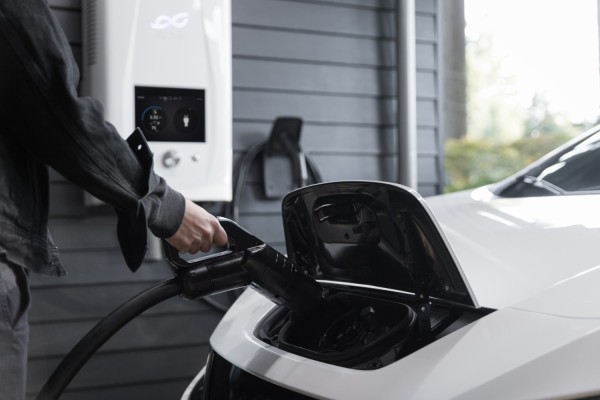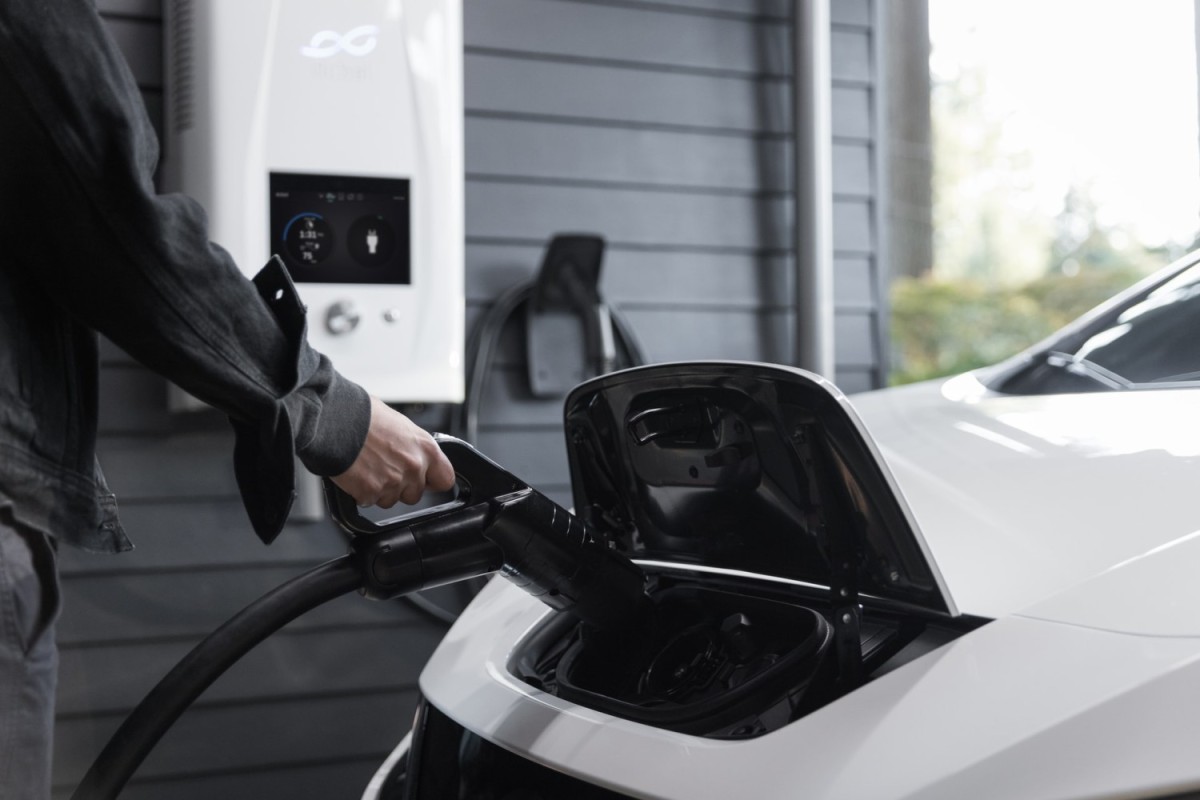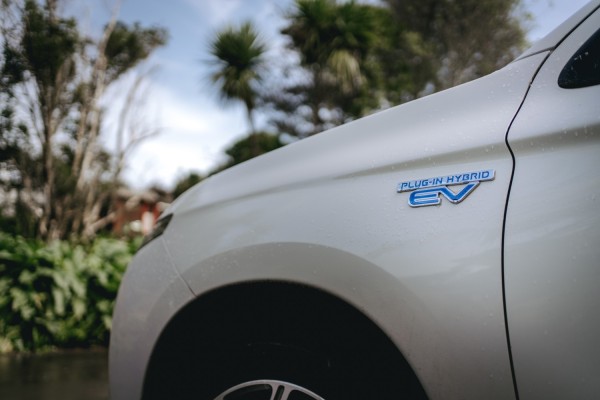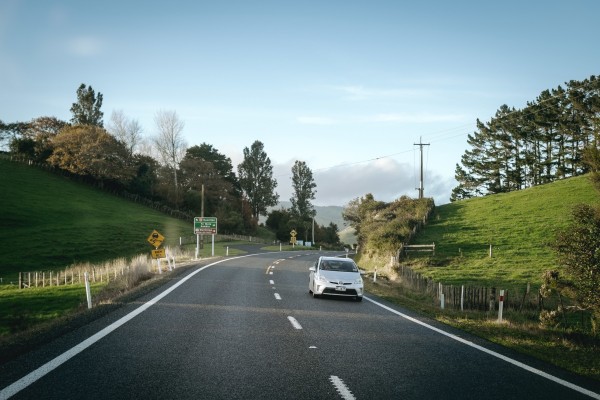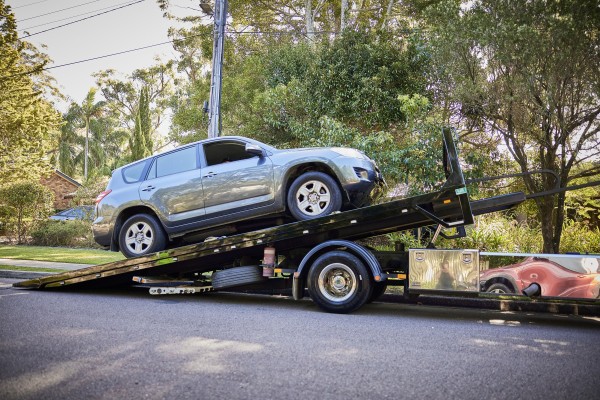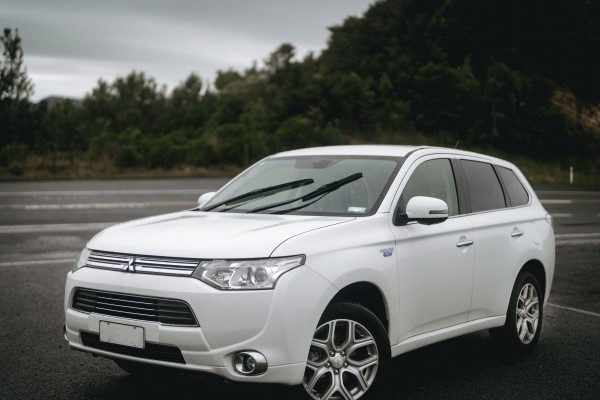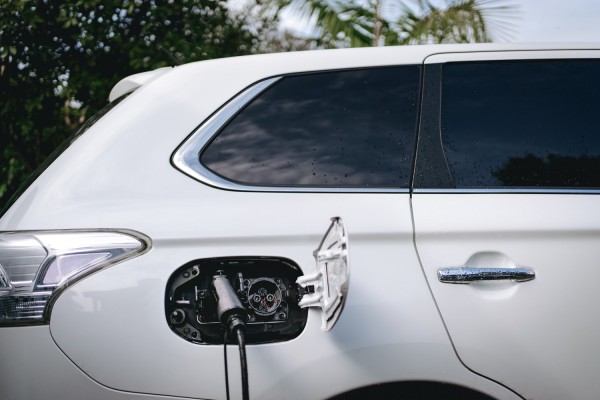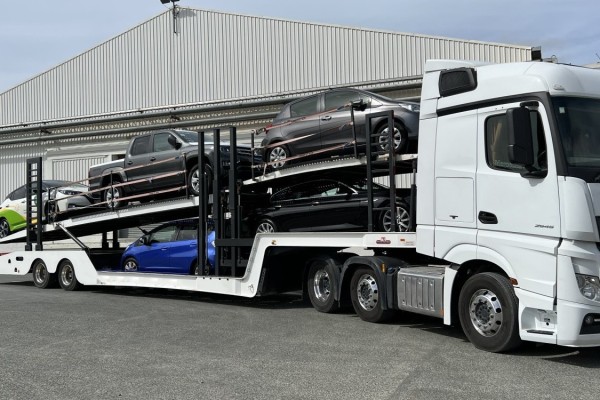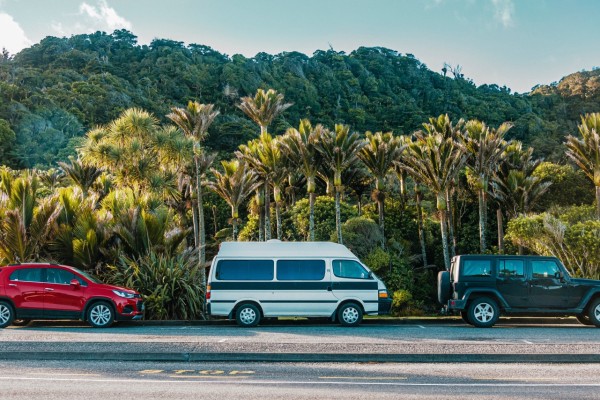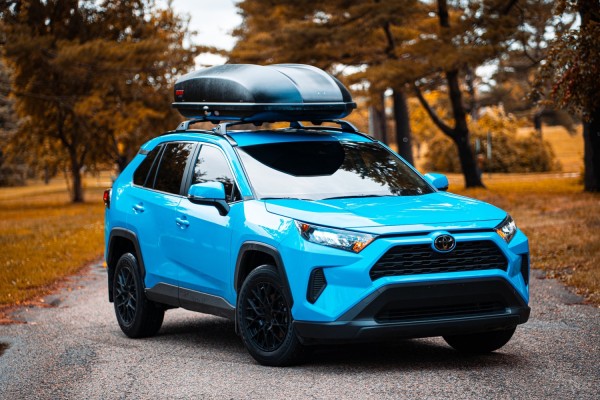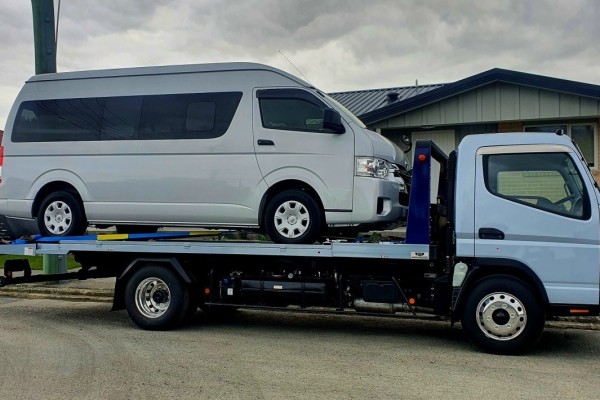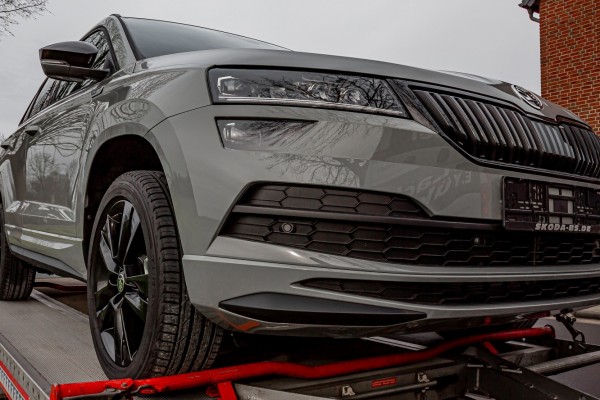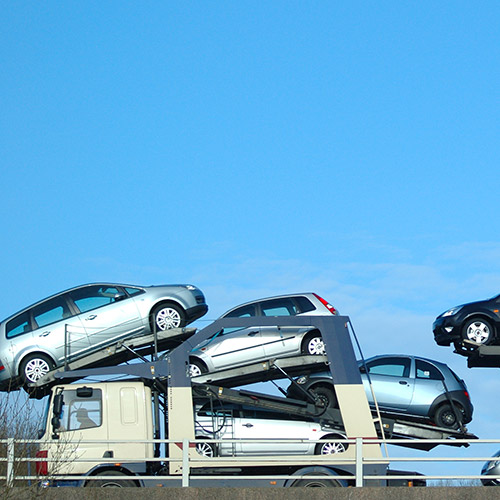The best electric cars in New Zealand in 2025
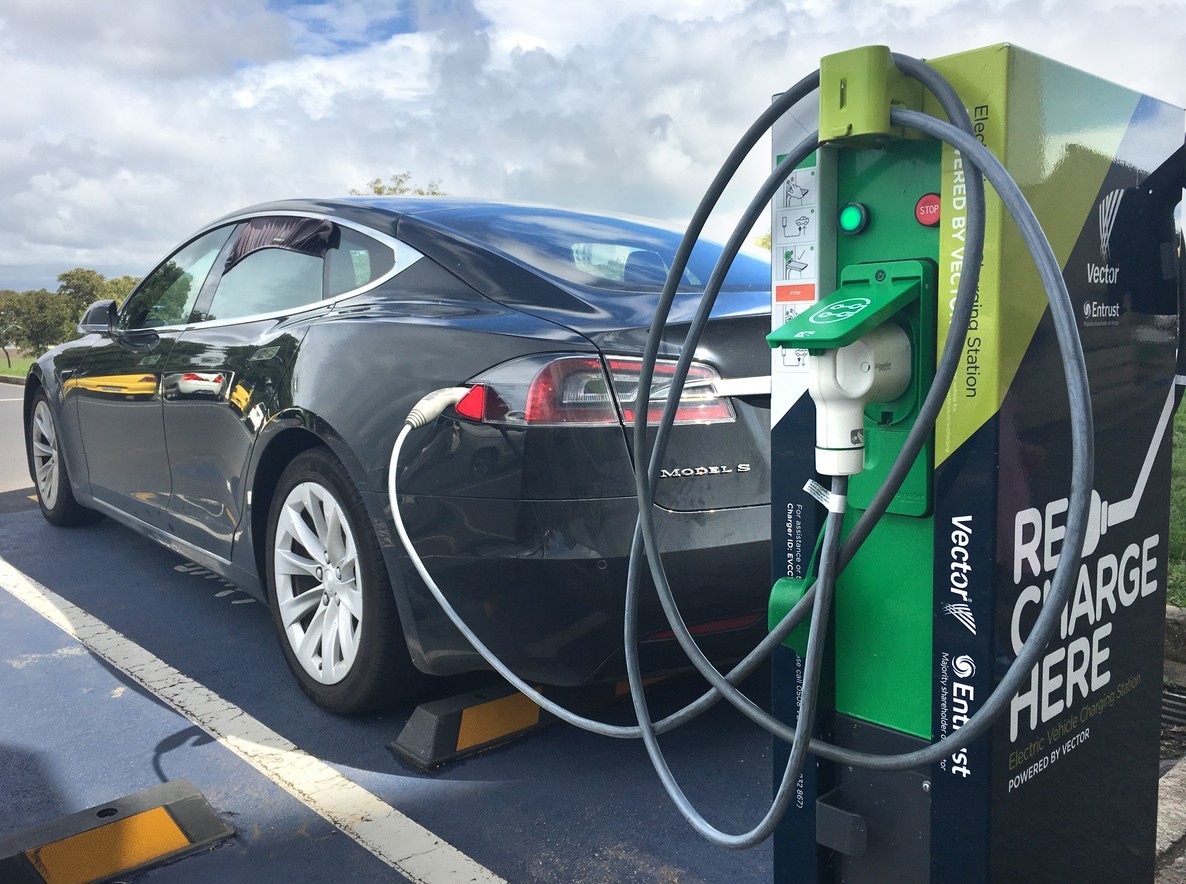
Electric cars are becoming increasingly popular as the world shifts towards a greener future. Demand for electric cars is growing, and more models are available in New Zealand.
If you're in the market for an eco-friendly vehicle, here are the best electric cars you can buy in New Zealand in 2025.
Why buy an electric car?
There are many reasons to switch to an electric vehicle when you are considering buying a new car.
Environmental Benefits: Firstly, EVs emit fewer pollutants and greenhouse gases, contributing to poor air quality and climate change. Electric vehicles run on batteries rather than an internal combustion engine, which runs on petrol or diesel.
Lower Operating Costs: EVs run on electricity, so they have lower operating costs than ICE vehicles. Over the long term, maintenance costs are also lower. ICE vehicles contain a lot of moving parts. General wear and tear mean these components require regular maintenance or replacement.
Cheaper to Run: Most New Zealanders drive around 25-35km daily. Charging your electric vehicle will likely cost around $3 per 100km, equivalent to paying $0.30 a litre for petrol. Fast charging is more expensive. However, most EV owners charge their vehicles at home overnight. The average price for a litre of petrol is $2.61.
Better Performance: There’s an outdated belief that electric vehicles can’t offer the same performance as ICE cars. This might have been true twenty years ago, but today there is a wide range of models to choose from that are just as fun to drive. Many EVs drive more smoothly, accelerate more quickly and come with advanced features that ICE vehicles can’t compete with.
Charging Infrastructure: There’s never been a better time to buy an electric vehicle in New Zealand. For years, the lack of charging stations made it difficult to take an EV on the road or plan an overnight trip easily. New Zealand now has 340 charging stations throughout the country. This is a massive jump from the 20 public charging stations in 2016. Many private businesses like hotels and camping grounds have also installed charging stations for customer use.
Be Part of the Change: The more New Zealanders that commit to buying an EV the more facilities and support there will be for electric adoption. Buying an electric vehicle will also help to lower the cost of an EV over time.
Types of electric vehicles you should consider
In New Zealand, there are three types of electric vehicles commonly available:
-
Hybrid electric vehicles
-
Plug-in hybrid electric vehicles
-
Battery electric vehicles
Each vehicle type has its own list of pros and cons that you should consider before purchasing an electric vehicle.
Hybrid electric vehicles (HEVs)
As the name suggests, hybrid electric vehicles are not fully electric but don’t rely on fossil fuels. They operate using both an internal combustion engine and a battery-powered motor. Hybrid vehicles are still a great option for people who want some of the fuel-saving benefits of an electric vehicle and the convenience of a petrol engine.
With a hybrid, the petrol engine still does most of the work the battery provides assistance in low load conditions. A hybrid generally uses half as much petrol as an equivalent ICE vehicle.
Pros:
-
Two power sources (battery and petrol) means you will save money on monthly operating costs.
-
Hybrids have been around for a long time and are very reliable and durable.
-
No change to your routine. You won’t have to plug in your hybrid or charge your vehicle overnight.
Cons:
-
They still produce more carbon than plug-in hybrids or fully electric vehicles.
-
Usually less powerful than traditional ICE vehicles.
-
More expensive than comparable ICE vehicles.
Plug-in hybrid electric vehicles (PHEVs)
Plug-in hybrids are a stepping stone between hybrid and fully electric cars. They have a small combustion engine along with a battery-powered electric motor. However, they operate differently from hybrids.
Think of it like this: Hybrids run on their combustion engines and use their battery to help reduce the load, whereas plug-in hybrids run operate using their battery and use their combustion engine when they are low on charge, or your vehicle needs a power boost (like driving uphill).
Pros:
-
You can charge your PHEV at home using a standard power outlet.
-
Plug-ins use reliable technology to power their batteries.
-
Charging is required, but you mostly don’t have to change your fuel routine.
-
Save money on monthly petrol costs.
Cons:
-
They are more expensive than HEVs.
-
There is some debate about how effective PHEVs are at reducing carbon emissions. As these cars are heavier than ICE vehicles, they produce more emissions when they run on petrol.
Battery electric vehicles (BEVs)
Battery electric vehicles are vehicles that run solely on a battery. They are fully electric and do not have a combustion engine. For years, BEVs weren’t considered to have the same power or performance as ICE vehicles. However, in the past five years, that’s entirely changed. BEVs are some of the best-rated cars on the market, regardless of their status as electric vehicles. The best part is, that driving a BEV comes with many added benefits to your wallet and the environment.
There are three types of BEV chargers you can use:
Level 1: Level 1 charges use a standard household outlet to power the EV. Most EVs have a standard charging unit that the driver will use to charge their car at home. Level 1 chargers are very slow and charge at a rate of 8km of range per hour - fine for charging overnight but slow when you are on the road and need to charge quickly.
Level 2: Level 2 chargers are usually found at public charging stations. They charge faster than a Level 1 charger, and rates vary between 19 and 95km per hour.
Level 3: Level 3 chargers are also called ‘DC fast-charging stations.’ These fast chargers use DC rather than AC power currents to reach charge rates of up to 145 km of range in as little as thirty minutes.
Pros:
-
They are 100% electric and produce zero emissions.
-
They are cheaper to maintain than HEVs or PHEVs as they have no combustion engine.
-
Driving a BEV will reduce your petrol bills to zero.
Cons:
-
You will have to change your refuelling routine.
-
On long road trips, you will have to stop for 30 minutes to an hour to recharge.
-
EVs are more expensive than ICE vehicles.
-
Some BEVs require experienced technicians to fix them eg. technicians at your dealership rather than your chosen mechanic.
-
EV batteries contain metals that are toxic and safe disposal is still a challenge.
The best electric cars in New Zealand
Now that you know the benefits of driving an electric vehicle and what types of EVs are available in New Zealand, it’s time to explore the best cars on the market.
Tesla Model 3
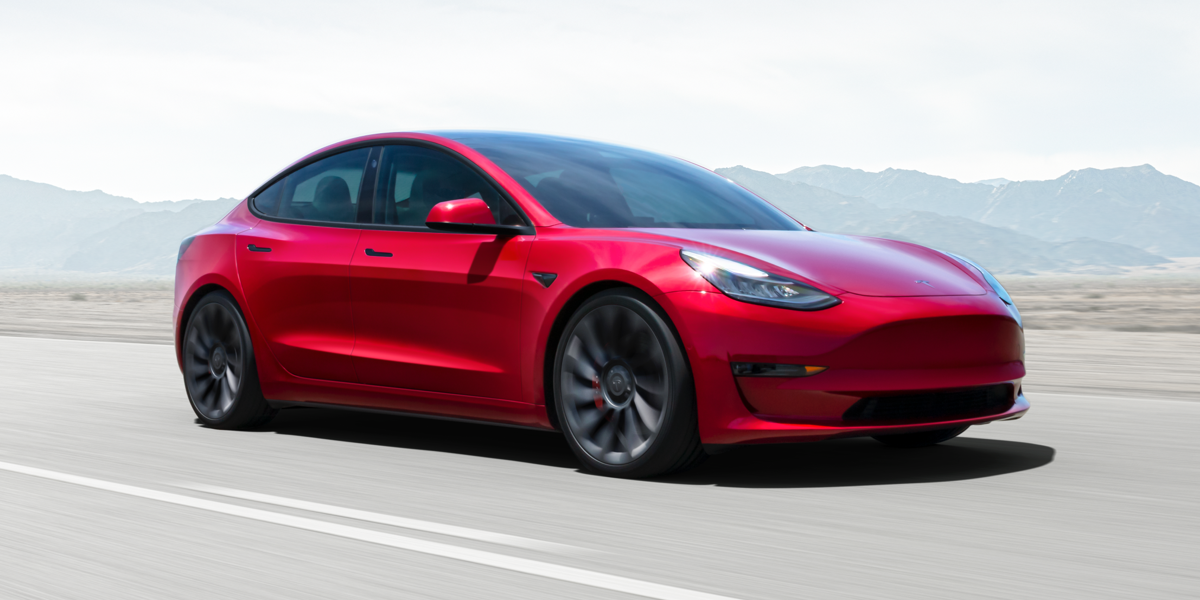
This electric car is considered the best overall electric vehicle on the market. It is the ideal choice for eco-conscious consumers who want a high-performing car thanks to its impressive range, quick acceleration, and advanced self-driving feature. The Tesla Model 3 range can reach up to 560km.
Nissan LEAF
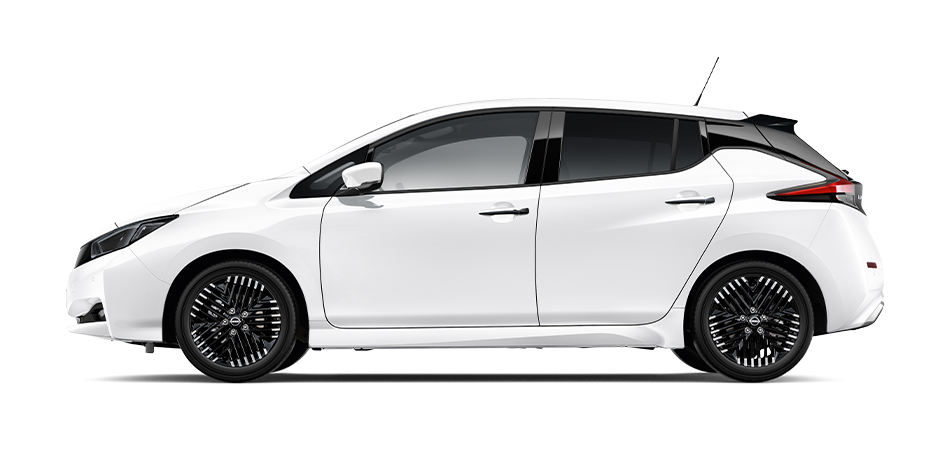
The Nissan LEAF is one of the most affordable electric cars available in New Zealand, making it a popular choice for budget-conscious consumers. The LEAF is perfect for city driving, with a range of around 270 km.
Hyundai Kona Electric
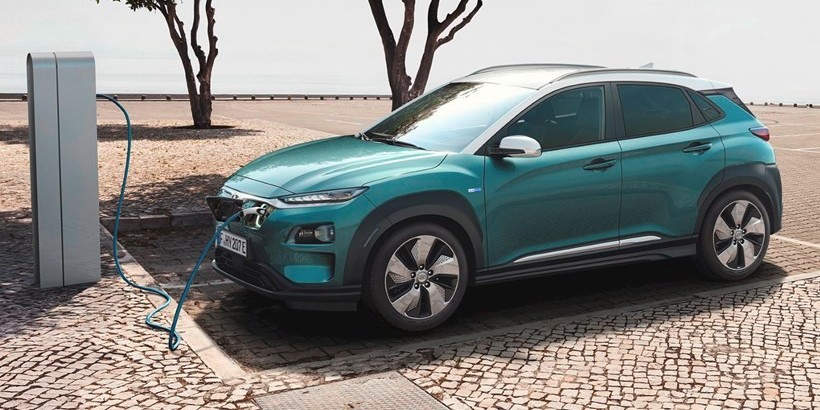
The Kona Electric is a stylish electric SUV that boasts a range of up to 484 km, making it a great choice for longer trips. The Kona Electric is a top choice for families with its spacious interior and high-tech features.
Audi e-tron
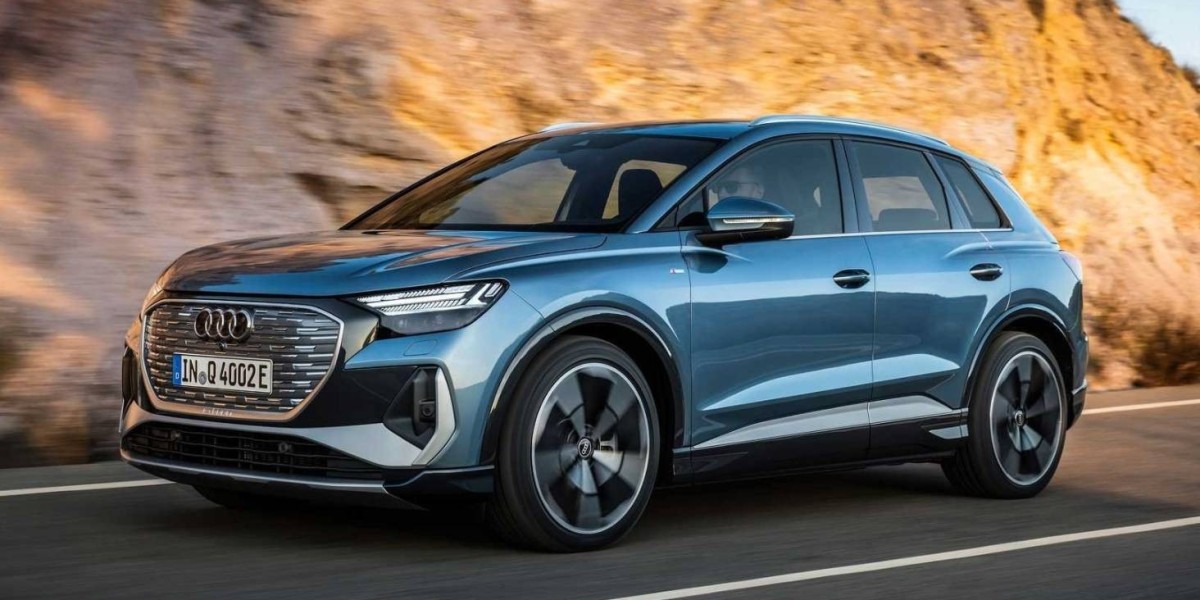
The Audi e-tron is a luxury electric SUV that offers a smooth, quiet ride and a range of around 400 km. With its premium interior and advanced safety features, the e-tron is a great choice for those who want a high-end electric car.
Ford Mustang Mach-E
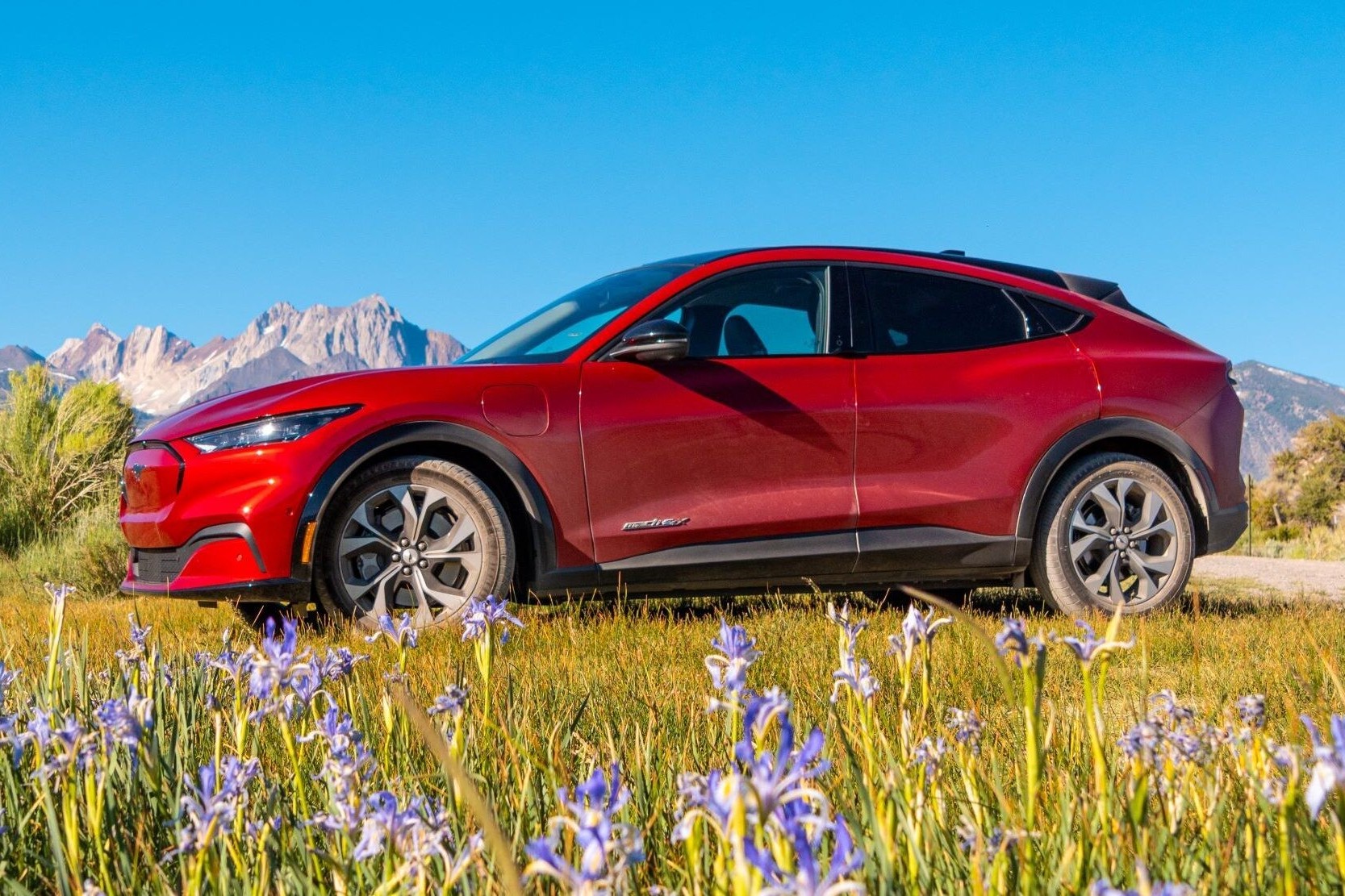
The Ford Mustang Mach-E is one of the most popular registered electric cars in New Zealand. With a range of 440-550km, key fob recognition, a Bang & Olufsen Soundsystem, a panorama roof and bonus storage space in a front trunk, this is a Ford Mustang like you've never seen it before.
2024 BYD Atto 3
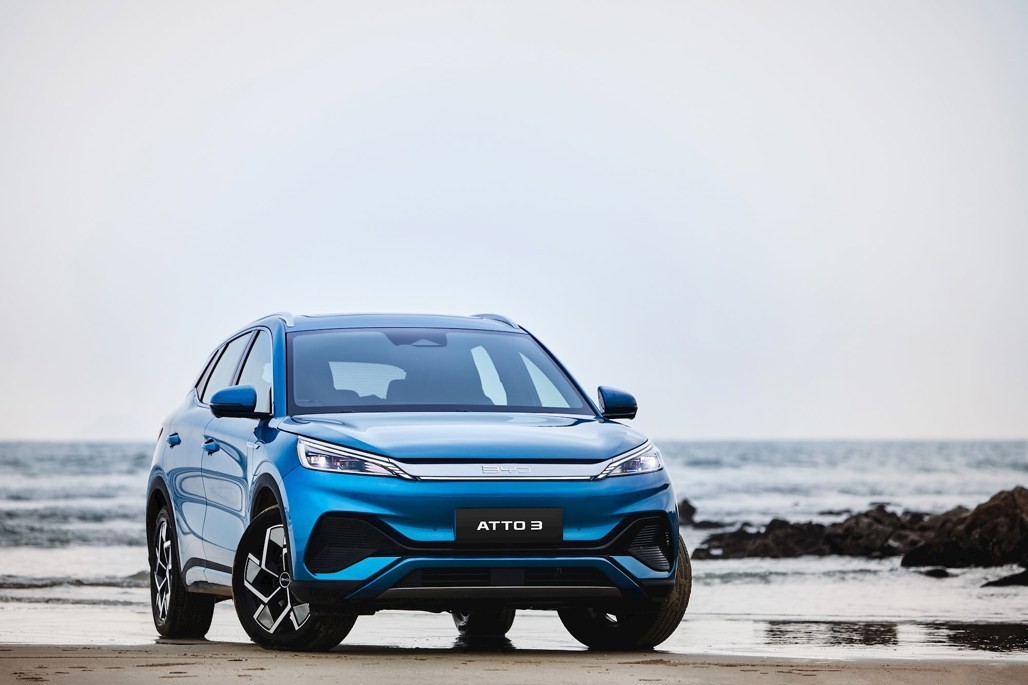
The BYD Atto 3 is an updated version of the BYD Atto 2 and is being called 'the best value EV in New Zealand.' Priced at $57,990, it offers a 60kWh battery that delivers a solid range of up to 420km. Recent updates have enhanced its appeal with quality tyres for an improved driving experience, a larger, user-friendly touchscreen, and a reduced price. Inside, it remains roomy, enjoyable to drive, and packed with modern technology, offering great value for the money.
Read more car guides:
Ship your EV with Wise Move
Buy an EV anywhere in New Zealand and get it delivered to your door with Wise Move. While EVs are becoming increasingly popular, it's not always possible to buy the electric vehicle you want close to home. With Wise Move's car transport services, you can book a trusted mover to deliver your new vehicle from the showroom to your street at a competitive price.
What do our customers say?




For every (wise)move







